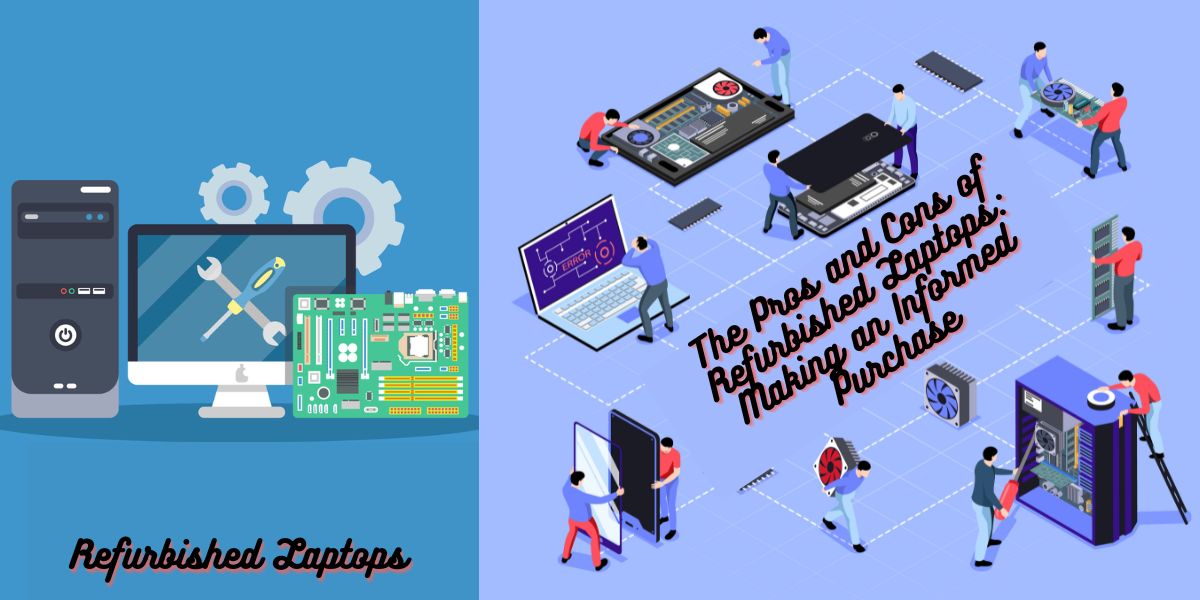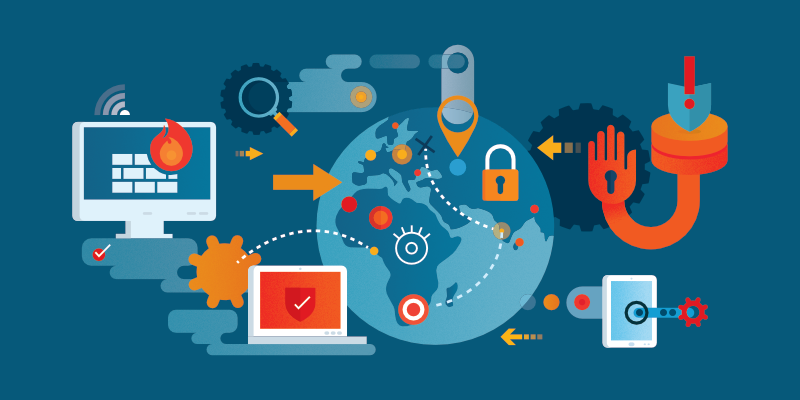THE PROS AND CONS OF REFURBISHED LAPTOPS: MAKING AN INFORMED PURCHASE
Pros of Refurbished Laptops
- Cost Savings
The most apparent advantage of buying a Refurbished laptop is the substantial cost savings. Refurbished models are typically priced significantly lower than their brand-new counterparts, making them an attractive option for budget-conscious consumers. This allows individuals to access higher-end specifications and features that might be out of reach when purchasing a new laptop.
- Rigorous Testing and Certification
Contrary to common misconceptions, refurbished laptops undergo rigorous testing and quality control processes. Reputable manufacturers and retailers ensure that all components are thoroughly inspected, repaired, and certified to meet or exceed the original specifications. This attention to detail helps in providing a reliable and fully functional device to the end user.
- Environmental Impact
Opting for a refurbished laptop contributes to sustainability efforts by reducing electronic waste. Extending the lifecycle of electronic devices helps in minimizing the environmental impact associated with manufacturing new products. Choosing a refurbished laptop aligns with eco-friendly practices and promotes the responsible use of technology resources.
- Warranty and Customer Support
Many refurbished laptops come with warranties that provide peace of mind for the buyer. This warranty coverage varies, but it often includes a period during which the buyer can return or exchange the product if any issues arise. Additionally, manufacturers and reputable retailers typically offer customer support services, ensuring that buyers have assistance if they encounter any problems with their refurbished laptops.
Cons of Refurbished Laptops
- Limited Availability
While the market for Refurbished laptops has expanded, the selection may still be more limited compared to new laptops. Buyers might find it challenging to locate specific models, configurations, or the latest releases in the refurbished market. This limitation could be a drawback for those seeking the latest technology or specific features.
- Cosmetic Imperfections
Refurbished laptops may exhibit minor cosmetic imperfections, such as scratches or dents, resulting from previous use. While these flaws are often purely aesthetic and do not impact the laptop’s functionality, some buyers may find them undesirable. It’s essential to carefully review the product description and images to gauge the condition of the device before making a purchase.
- Older Models
The majority of refurbished laptops are older models that have been returned due to reasons like overstock, returns, or upgrades. While these models can still offer reliable performance for everyday tasks, they might not feature the latest advancements in technology, which could be a drawback for users with specific requirements.
Conclusion
In conclusion, purchasing a refurbished laptop can be a savvy decision for those looking to save money without compromising on performance. The key lies in choosing a reputable seller or manufacturer that follows stringent refurbishment processes. By carefully weighing the pros and cons, consumers can make an informed decision and find a refurbished laptop that suits their needs and budget. Ultimately, with proper research and due diligence, a refurbished laptop can provide an excellent balance of value and functionality.





